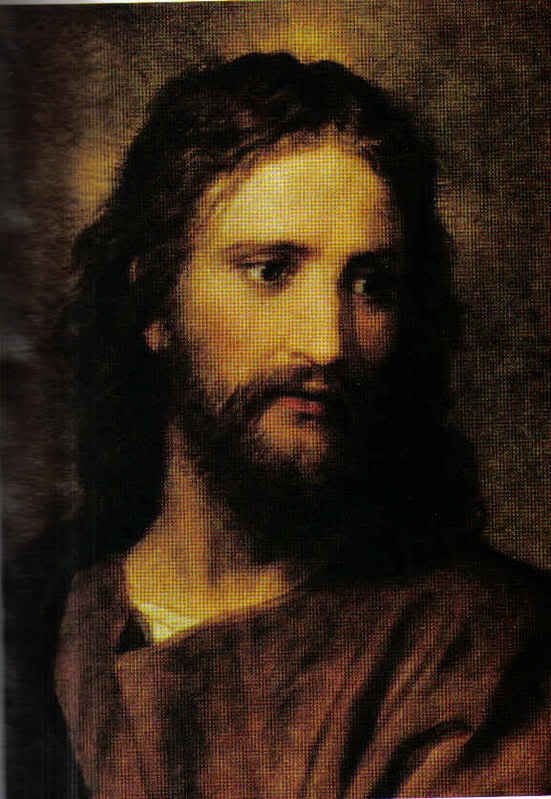
A commonly held view is that we were all born sinners. This view is based on what is called the doctrine of Original Sin. Which belief holds that because of Adam and Eve's sin in the Garden of Eden (see Gen 3.) all mankind were born sinners, as if "sin" were a physical phenomena that passed down to us genetically, causing us to be sinners.
This view taken for granted as true by most Christians is tacitly false! But before we can consider the truth, we must avoid the smoke screen of labels we so readily place on each other, and one another's views. Much like in modern politics, we label one a liberal or a conservative, a Republican or a Democrat. These labels can obscure the truths we face in society, and are actually smoke screens which seek to polarize us against each other as Americans, and nullify true and honest debate over political and social issues. And so we should avoid labelings such as Arminianists versus Calvanists, or Augustinian versus Pelagian.
To be sure, Original Sin is not held to be true within Judaism. If this is so, it should cause us as Christians great ponder. Why? Because for us, Christianity was not meant to be an elaboration of the Jewish faith, but a fulfillment of it. Thus, other than revealing Who the Messiah is, and His teachings, the rest was already in place through Judaism. And so, if the Jews don't believe in Original Sin as presented above, why do we?
Scripture, of course is the final arbiter of these matters. And to be sure, each will state his case based on their favorite texts. But the Bible cannot support both positions.
Some of the texts oft quoted in support of this doctrine, there are:
- Behold, I was shapen in iniquity; and in sin did my mother conceive me.- Psa 51.5.
- Wherefore, as by one man sin entered into the world, and death by sin; and so death passed upon all men, for that all have sinned- Rom 5:12.
The issue is a serious one, and has led to gross error in the Church. Because it promotes an erroneous view of what sin is. It turns sin into a physical phenomenon that is passed (some say through the blood!) down from father to son, and upon all Mankind. This relieves you and I of the responsibility of moral obligation. How could God judge me for my sins if I only did that which was my nature to do? Was I not born a sinner? Is a snake blamed for being a snake? Isn't it doing what is its nature to do? And yet the Bible defines sin thus, ...for sin is the transgression of the law-1 Jn 3.4b.
And to be sure, Adam was not born a sinner, yet he brought about the dynamics of sin and death into the world, albeit activated through our personal participation.
Neither did the angels that sinned have to be born sinners in order to damn themselves through transgressing God's moral law (2Pet 2.4). In fact, Peter's entire point would be lost if the angel's sin was not comparable to ours, which would not be the case if we were born sinners. Yet there is the reward of unrighteousness- v.13a, why? Because there is such a thing as blameworthiness and praiseworthiness, which would not make any sense if we were born with the natural predilections to sin. These were acquired through our freely choosing to disobey God's moral law of love for self-grattification, albeit at a very young age. But likewise our salvation through the cross of calvary, while also not automatic, but was freely chosen by those of us who believe.



